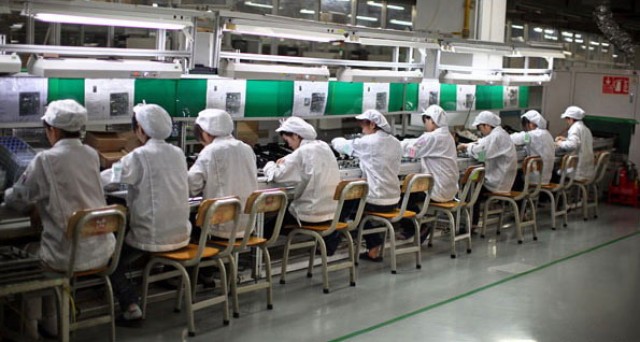Apple’s contract iPhone assemblers in China are far from operating at full capacity and will likely miss its production schedule on a budget-friendly iPhone.
If the report by a major economics news site in Japan is true, Apple would postpone rumored plans for a March announcement of an iPhone 9 or SE 2.
The Nikkei Asian Review quotes unnamed supply chain sources describing iPhone production delays and low inventories of existing models. Analyst Ming-Chi Kuo with his own supplier sources said on Monday that the cheaper iPhone would be ready for a product launch next month.
Coronavirus and iPhone supply
Conflicting reports about products are nothing new. But throw in a deadly coronavirus sweeping across China, a new rumor seems to break every couple of hours and the story changes.
Kuo is considered the most accurate of soothsayers and Nikkei is a respected go-to source for business news across Asia.
The low-cost iPhone and maybe some other products, such as anupdated iPad Pro and a wireless charging mat, were reportedly in trial production in January. Kuo’s sources gave him indications that the first-quarter products had largely avoided coronavirus-related delays.
But an Apple announcement late Monday may fall more in line with what Nikkei is reporting. Apple told investors it will fall short of its March quarter revenue goals because of the coronavirus. Production ramped up more slowly than expended and demand is down because no one in China can shop with stores closed.
“On average, suppliers in the iPhone supply chain are currently operating at around 30 percent to 50 percent of capacity,” a source told Nikkei. “The constrained supply of iPhones will likely extend to April. There are still a lot of hurdles, from labor shortages to logistics transportation.”
Another source said suppliers are doing their best to ship the new, cheaper iPhones within four weeks. “The delay can’t be too long, otherwise it will affect the sales strategy of Apple’s new products in the second half of this year,” the source said.
The Nikkei report better than most news sites explained the logistical headaches that are impacting production schedules.
In some cases, suppliers must change truck drivers when crossing provincial borders due to quarantine requirements on anyone entering from another province. In other cases, they have to send staff to highway interchanges to register for deliveries in person, while drivers bringing supplies into a province must present authorization papers at border checkpoints, industry people said.
According to a Nikkei analysis, about 75 percent of Apple’s top 200 suppliers have a least one production site in China. Another 22 percent have three or more in the country.
Source: Nikkei Asian Review


